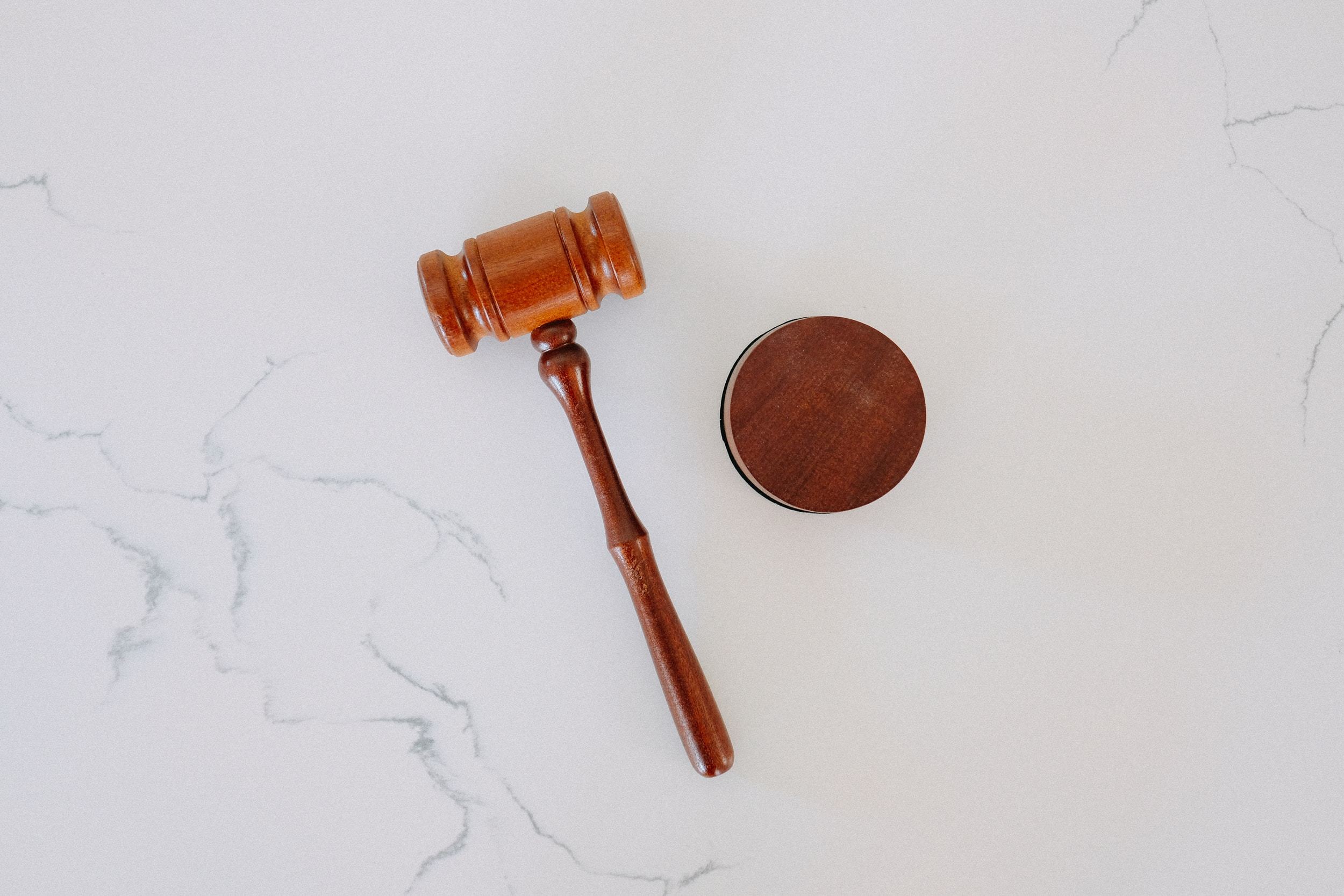What Are The Different Courts in South Africa and What Can I Approach Them For?

Article by Akashni Weimers
Our legal system in South Africa, like most places in the world, is anything but simple to understand. With complicated terms and incredibly intimidating personality types to approach when entering a court of some kind, how do average South Africans know when to approach a court and for what reason?
Nonetheless, let’s break it down and try to understand courts in South Africa and what they do.
Deep breath. Now here goes:
When something “happens” unexpectedly, for example, an intruder enters your home; our first action is to contact the police. With investigation and proof, South Africans can approach a court to take action and with any luck, get some kind of compensation for the harm done to them.For “smaller crimes”, you can start here:
1. Small Claims Court: Let’s say you break up with your significant other and he/she decided to sell your clothes, damage your car, or break a few things. If the damage was worth under R20k, then you can go to the small claims court to take some legal action against the angry ex with haste.
Say a child playing cricket in the neighbourhood threw a ball and broke your window; or you paid money to a family member for a car you never got… you can start the legal process by first approaching the small claims court in your area.
Basically, if they spoke about it on Judge Judy, Joe Brown, or Mathis… you can approach the Small Claims Court for it!
2. If things are more serious than that, you can approach a Magistrates Court: These courts take care of disputes (with proof) regarding domestic violence, robberies, rape and other such crimes within your province/ district or region (to an extent).Sometimes however, the seriousness of the crime means that more jurisdiction is required to dig deeper into a case, involve the correct stakeholders and draw from more in-depth sources of law to help conclude a case. If a case reaches this level of seriousness, it gets directed to a High Court.
Definition: Jurisdiction: the authority of the court to rule over a location/ province/ area.
3. At least 1 High Court is dedicated to each province in South Africa. You don’t have to wait to go through the Small Claims or Magistrates Courts if you know your case is big or serious enough to warrant the attention of the High Court.The case also doesn’t always have to do with crimes like murder and assault. If the damages are over R100k, cases can also be about the settlement of a deceased’s estate (i.e. your money when you are no longer alive), insolvency (i.e. going bankrupt) or matters dealing with child adoption/ custody etc.
Now we move onto 2 of the biggest courts in the land…
4. The Supreme Court of Appeal is the court with the highest level of jurisdiction in South Africa; where appeals can be made. This means that if you dispute the ruling of court cases to the highest degree, you can do so at this court.
If for example, you didn’t agree with the outcome of High Court decision, and have grounds to appeal the outcome, this is generally done at the Supreme Court.
5. Finally, we have the Constitutional Court. This court was created to protect human rights in South Africa. It has the final say and makes reference to the South African Constitution in order to rule or take a decision. Once brought to the Constitutional Court, the ruling cannot be appealed, even by the Supreme Court. This is done to ensure that maximum protection of human rights is always present, as sometimes, things can be swayed in one clever direction or the other during court proceedings… and we wouldn’t want this.
We’ll leave it at that for now as this can become a very hefty topic warranting lots of discussion.
